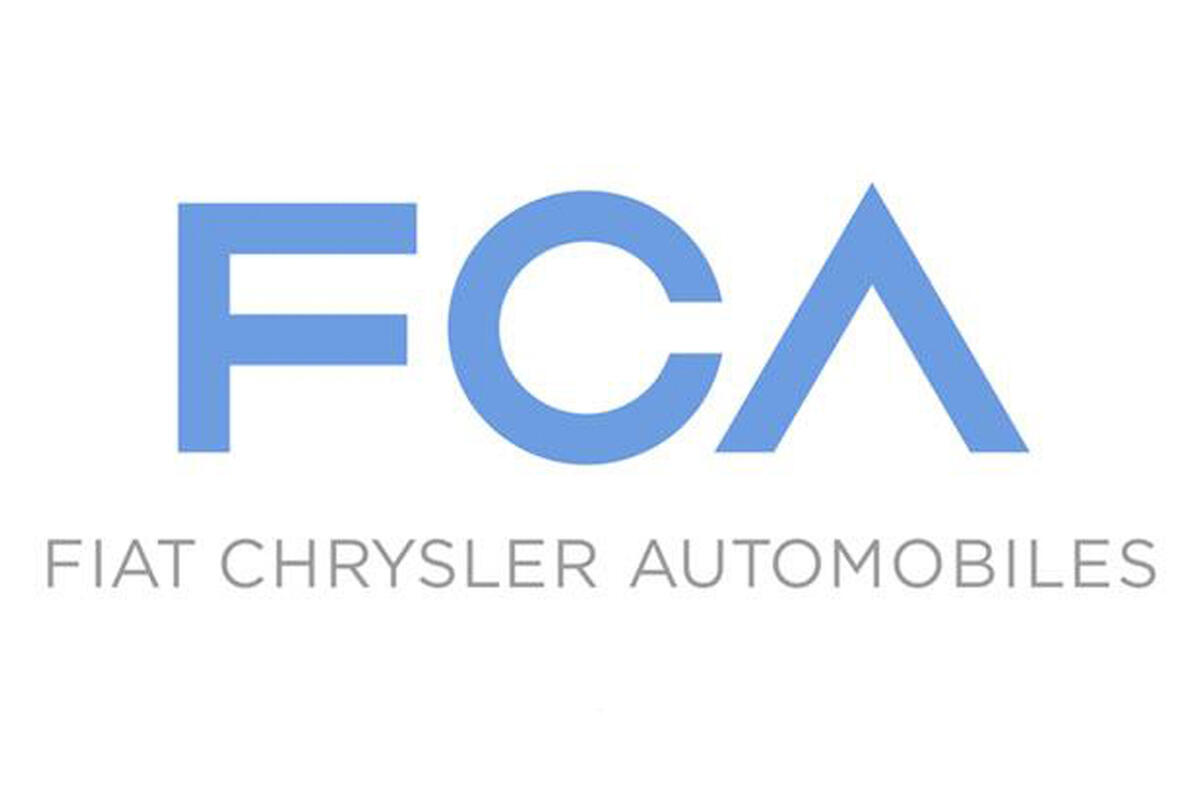
FCA pledged to axe all diesels from its line-up — which includes numerous SUVs and cars more commonly associated with diesel power — by 2022. For now, they’re still available, but after 2022 diesel will only be available in FCA’s commercial vehicles.
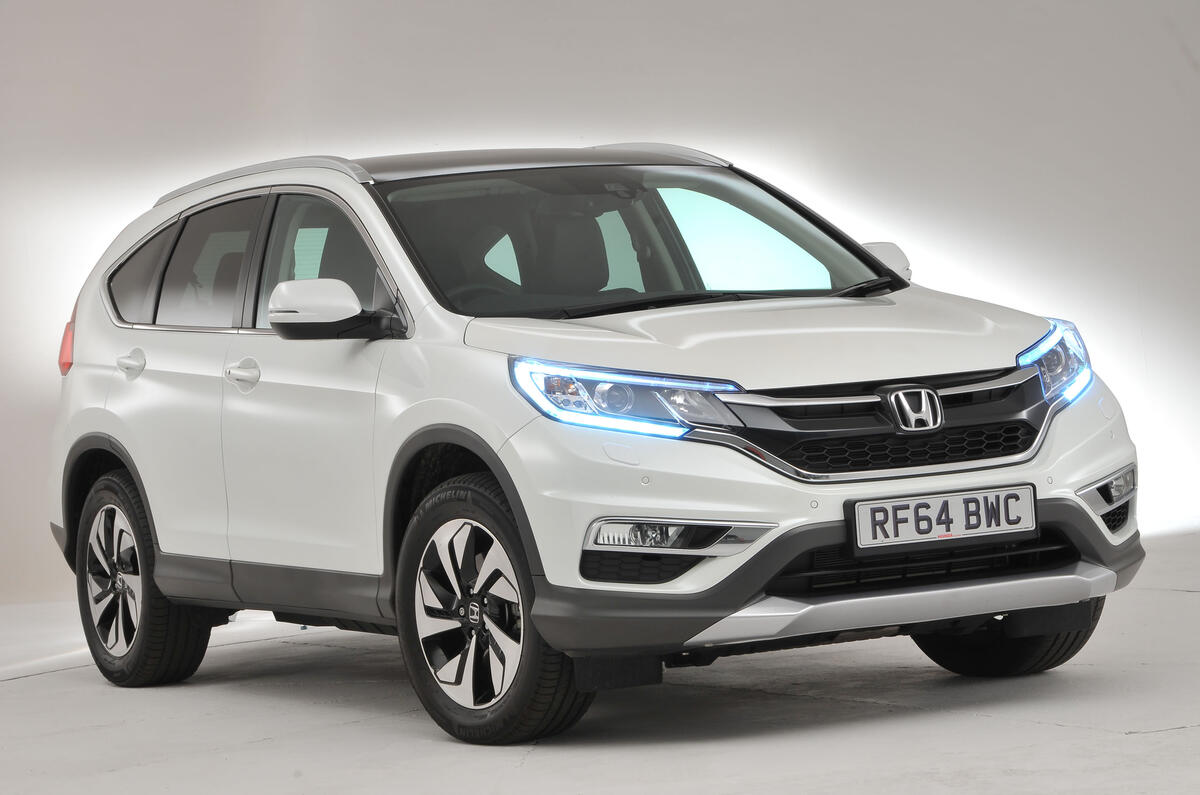
The new CR-V arrives soon with a number of firsts — the first time it’s been offered with seven seats, the first time it has a hybrid powertrain and, most relevant here, the first time it won’t be available in diesel form.
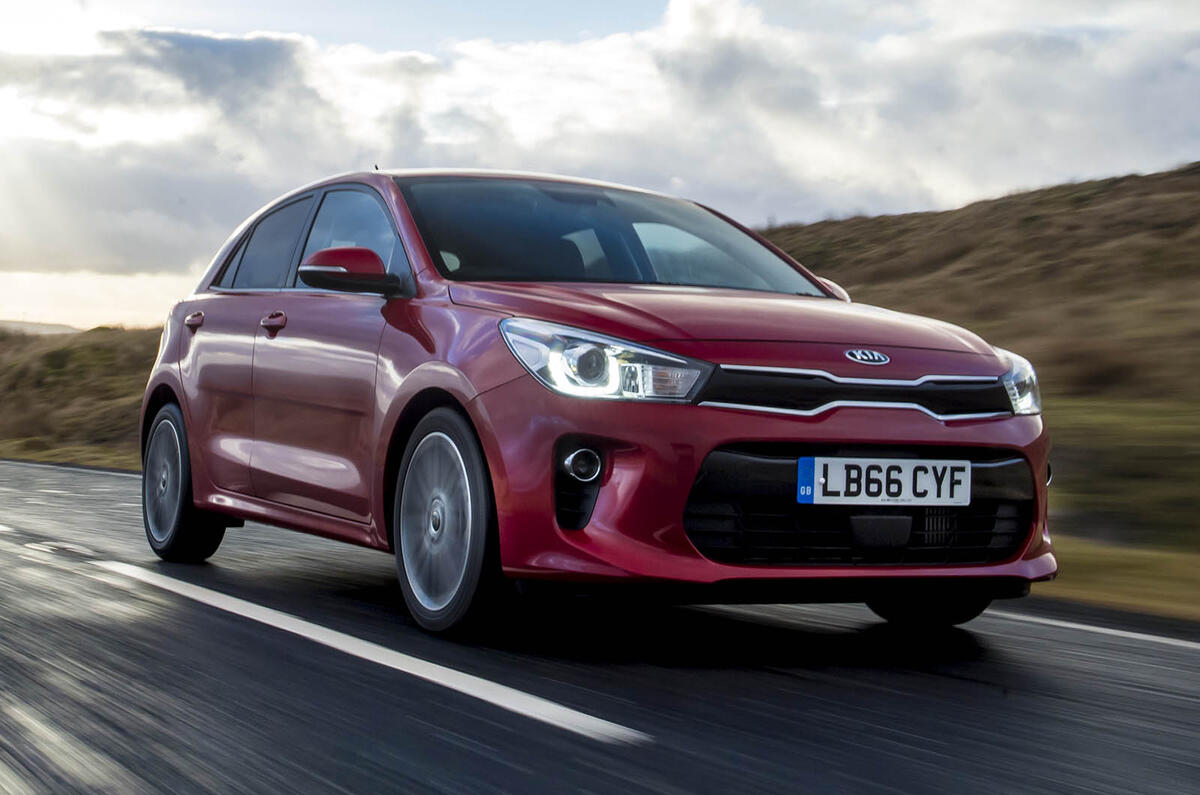
The Rio was available with a 1.4-litre 89bhp CRDi diesel engine until earlier this year, when Kia decided to pull the plug. It’s clear why — just 1673 of the 8470 Rios sold last year were diesel.
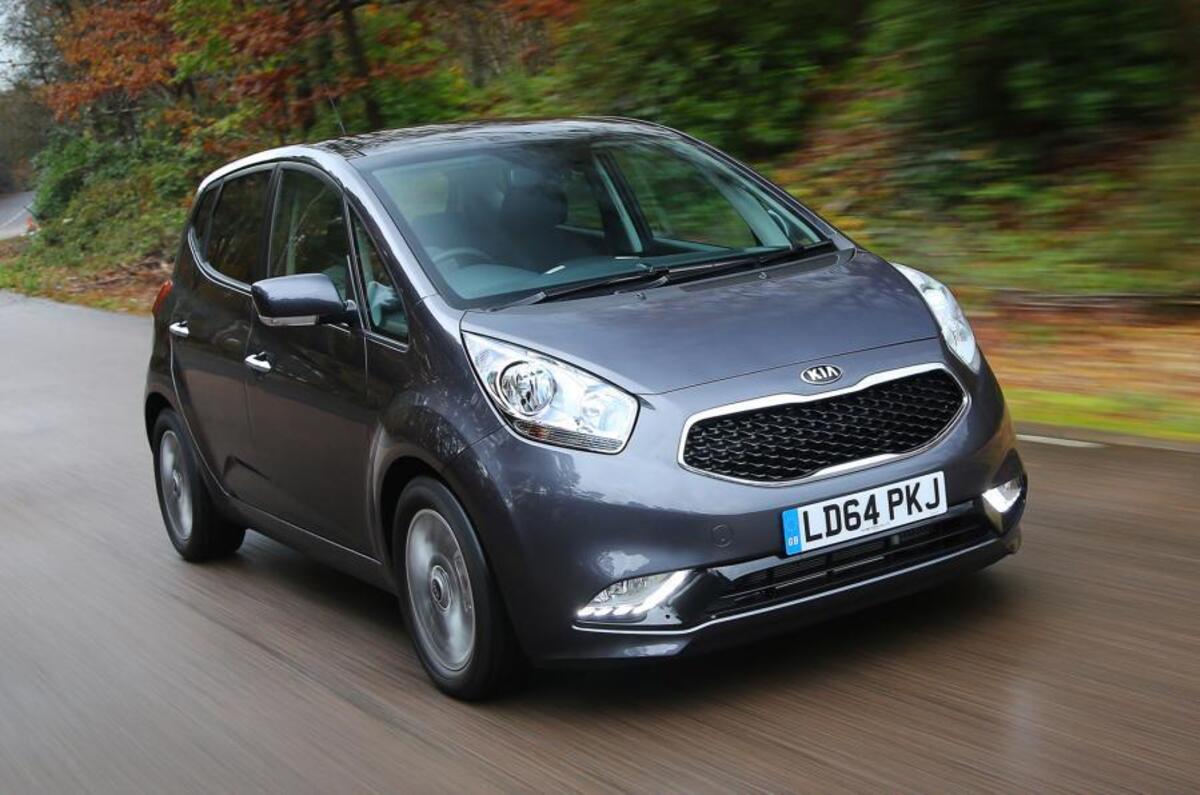
It’s the same story for the Venga — of 6130 cars sold across 2017, just 1172 were diesels, in both 1.6-litre and 1.4-litre CRDi forms. Production of diesel Rio and Venga models continues elsewhere, but UK demand for both fell between 2017 and 2018.
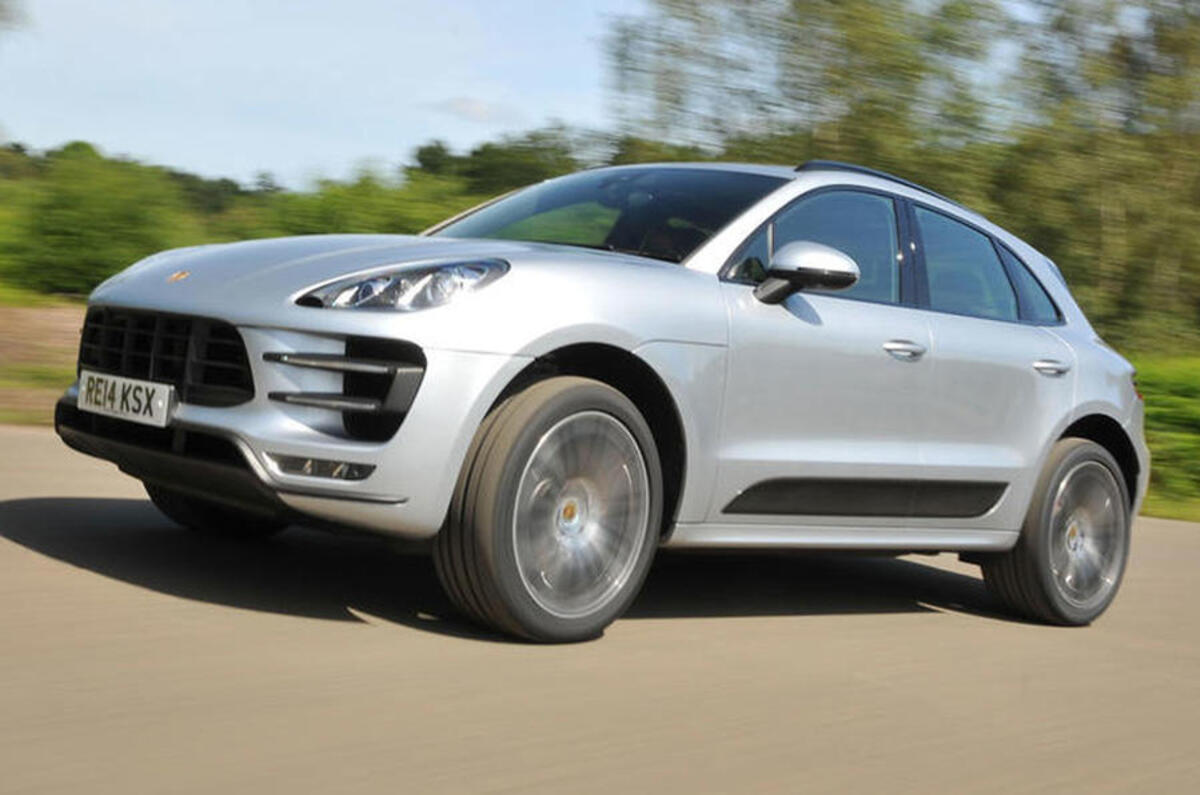
A diesel Porsche is always going to be a niche offering, but the diesel Macan faced difficulty in the new Worldwide Harmonised Light Vehicles Test Procedure (WLTP) emissions and fuel economy test, on top of being a slower-selling variant.
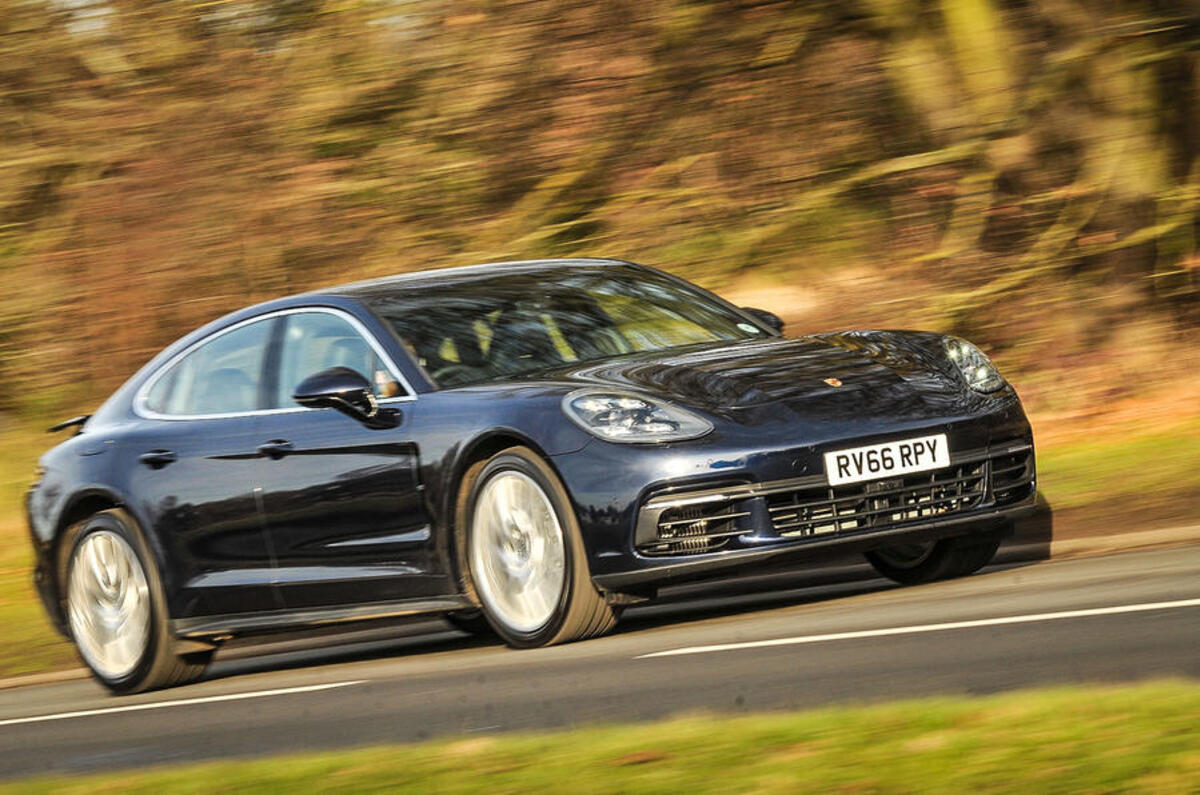
That goes for the Panamera, too. Diesel accounted for around 15% of the Panamera’s sales around the world in 2017, with petrol taking up 35% and the 4 E-Hybrid accounting for the remaining half. A Porsche spokesman said: “Currently, the demand for diesel models is falling, whereas interest in hybrid and petrol models is increasing significantly.”
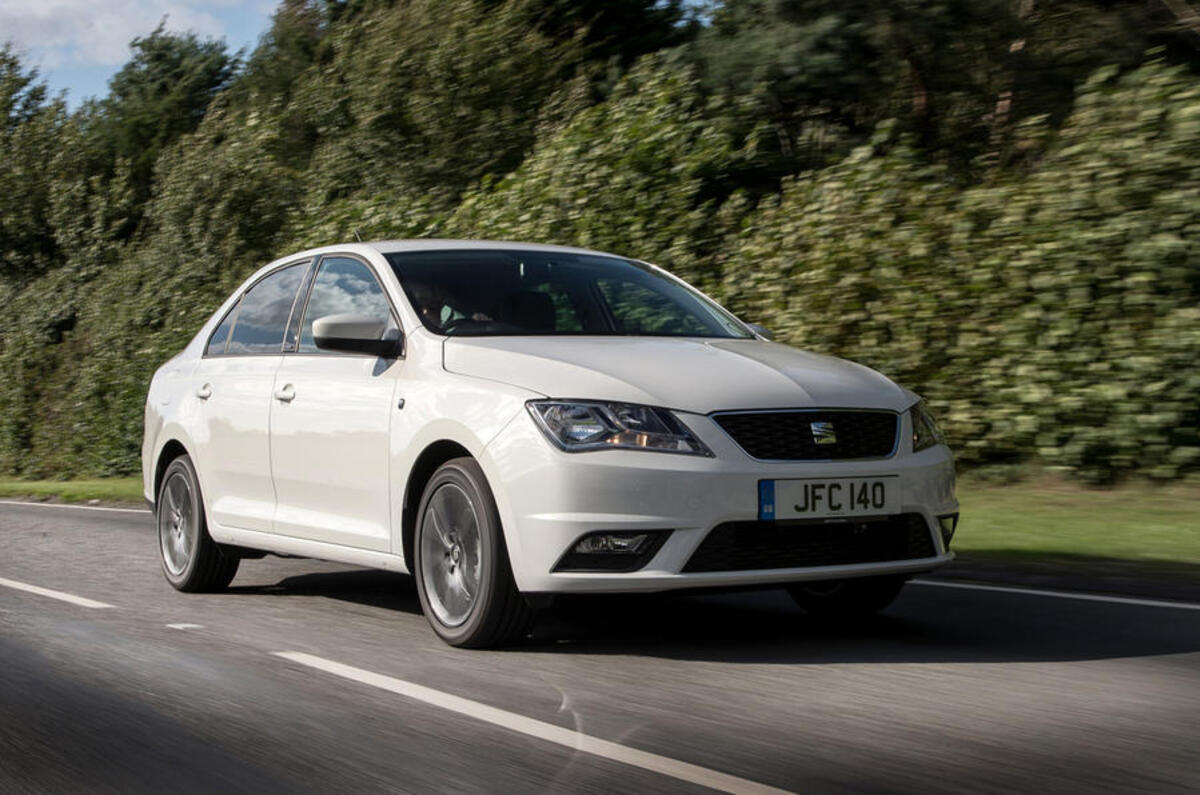
The Toledo isn’t a volume seller for the brand, with only 705 sold in 2018 to the end of July and only 139 of these being diesels. Being based on the previous-generation Ibiza means that it won’t be long before the Toledo’s life cycle ends but, until then, it’s petrol only.
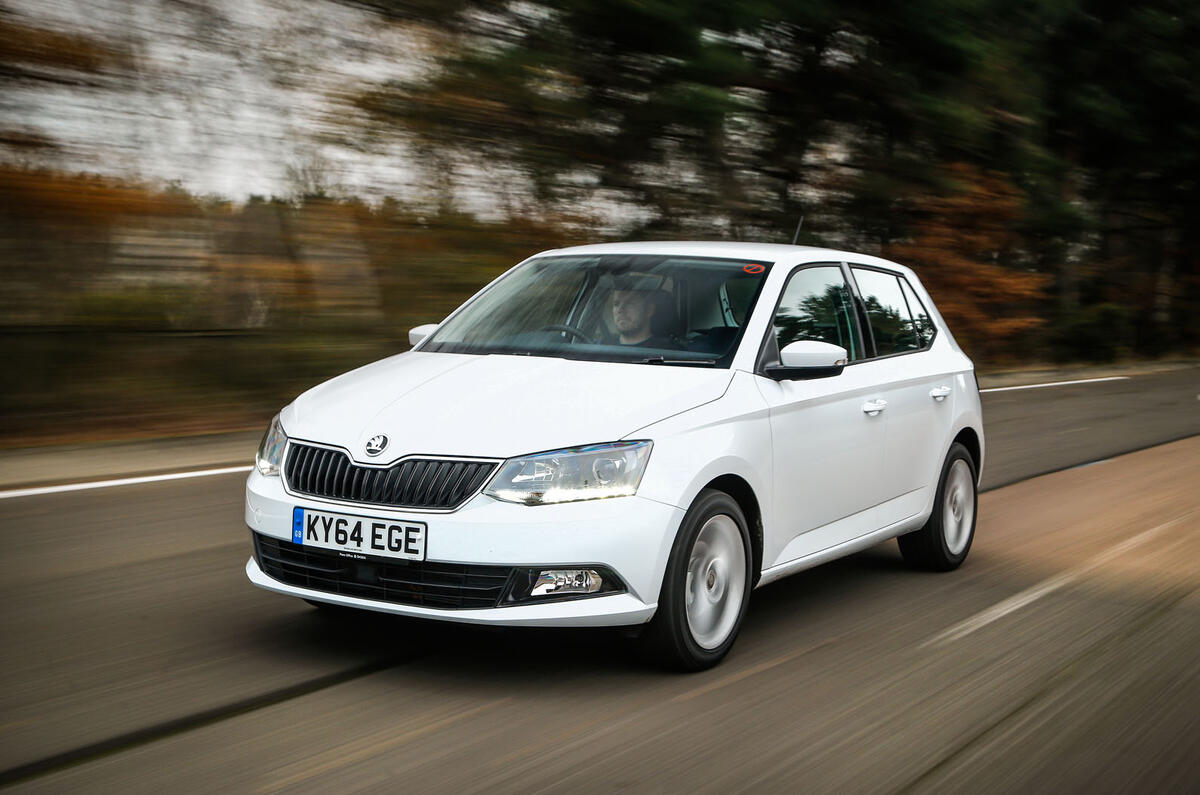
Diesel used to be important for the Fabia; the car has previously been offered in 1.4-litre and 1.6-litre diesel versions, while the first-generation Fabia vRS offered a unique package in being a small diesel hot hatchback. With the third-generation model’s midlife facelift, however, Skoda swung the axe on the diesel variant, since sales had dwindled to a minuscule 2% of total Fabia sales.
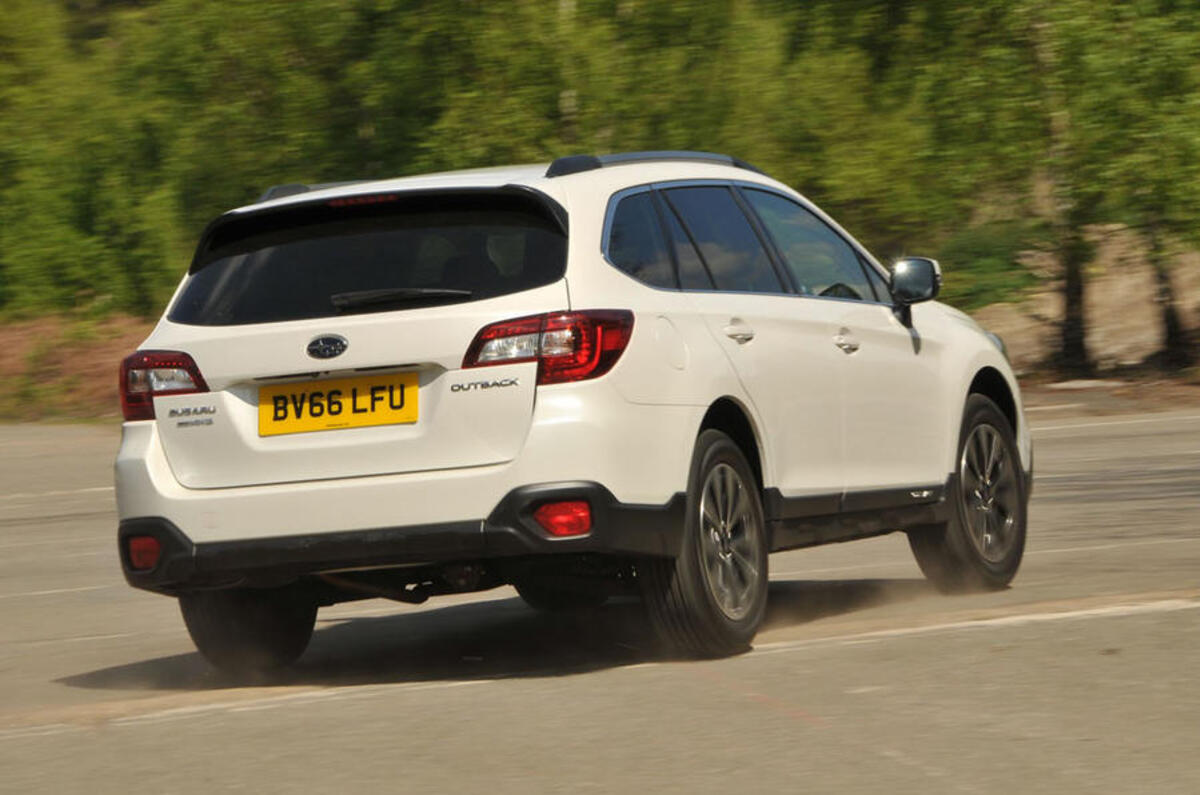
Subaru’s UK sales volumes are comparatively small — 1739 were registered between January and the end of July, equating to just over 1% of Ford’s total. No diesel registration figures for the brand are available, but all references to its 2.0-litre boxer diesel have been removed from the Subaru website, leaving only the 2.0-litre and 2.5-litre petrol units.
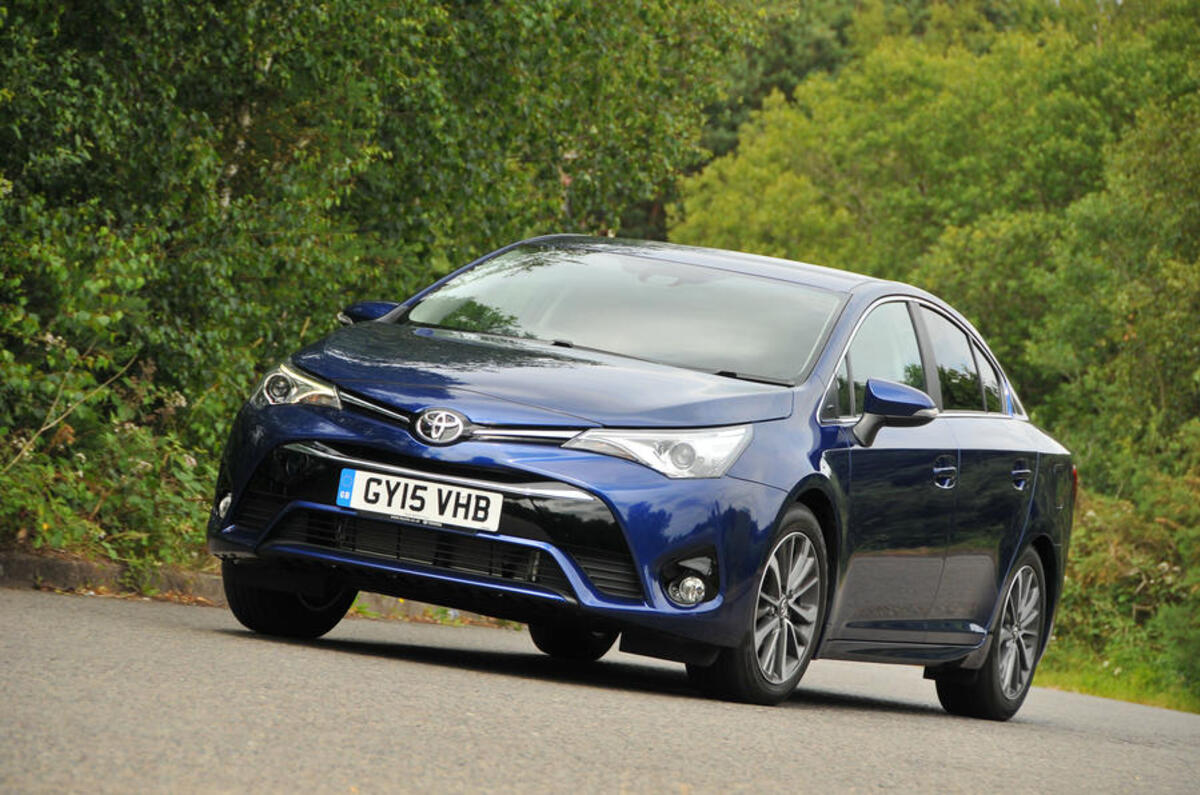
Not exactly a diesel death, since the Avensis was also offered with a petrol engine, but the replacement for the Avensis, the Camry, is petrol-hybrid only. Toyota announced last year that neither the brand nor its luxury arm Lexus would be launching any more diesels in Europe, so the Avensis’s time had come.
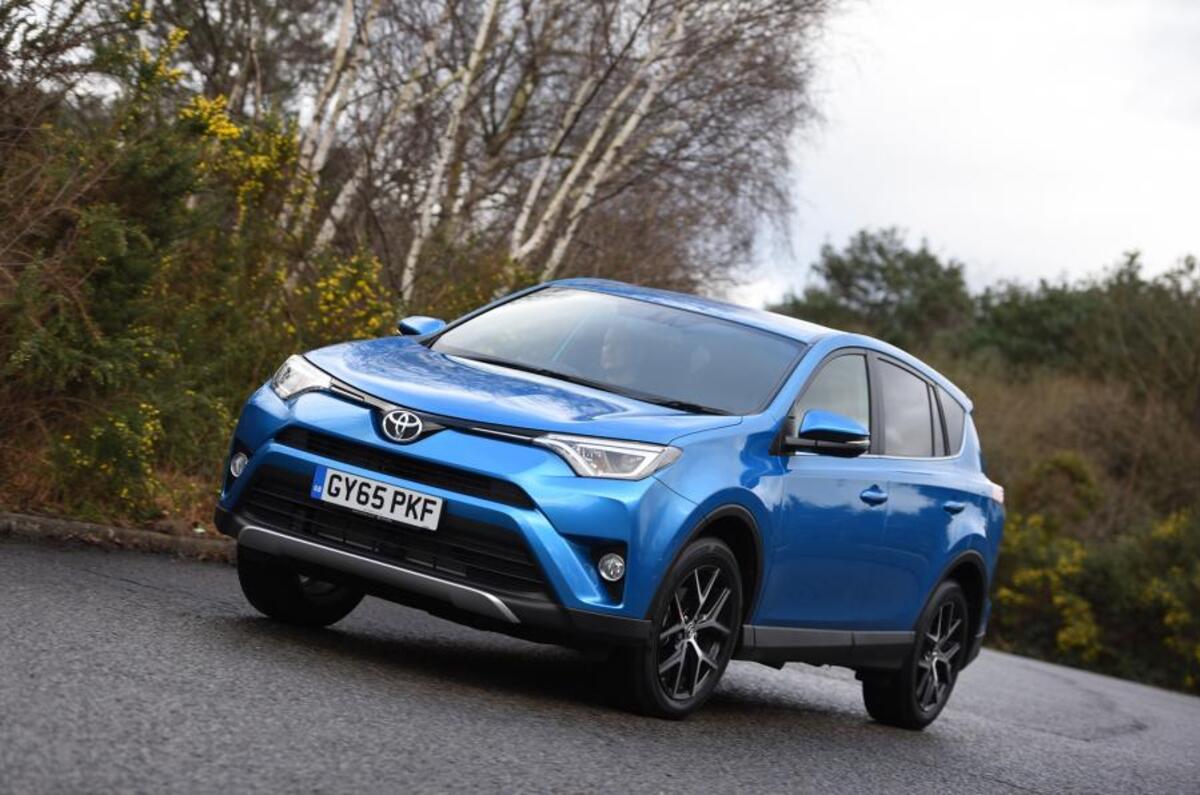
With the new RAV4 arriving in the coming months with only petrol or petrol-hybrid engines, the current-generation model is the last to get diesel power. Toyota stopped producing diesel RAV4s earlier this year — long before the petrol or electric versions were due to go off sale. In fact, 88% of RAV4 sales up to the end of July were hybrids.
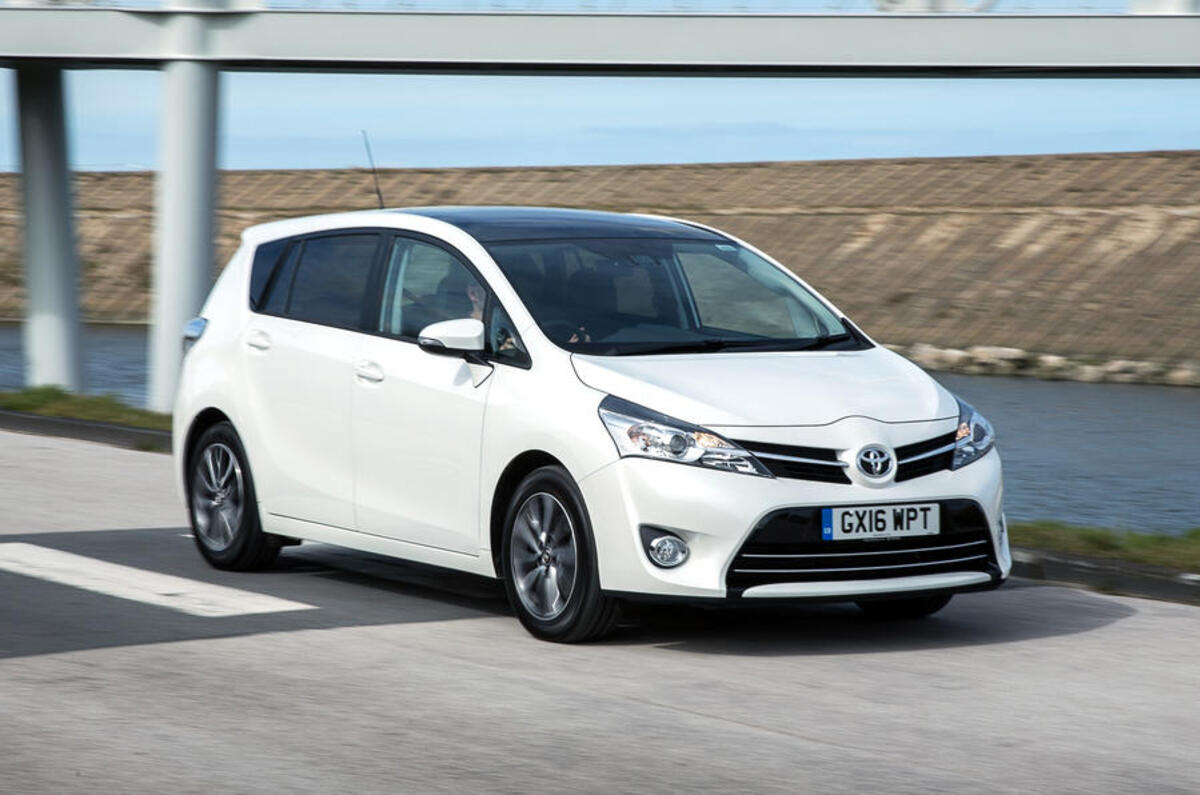
Another complete cancellation rather than a specific diesel death, although being one of the only diesel cars in Toyota’s line-up contributed to the Verso’s demise, with hybrids heavily outselling diesel and petrol cars. The only Toyota diesels left are the Proace, Hilux and Land Cruiser.
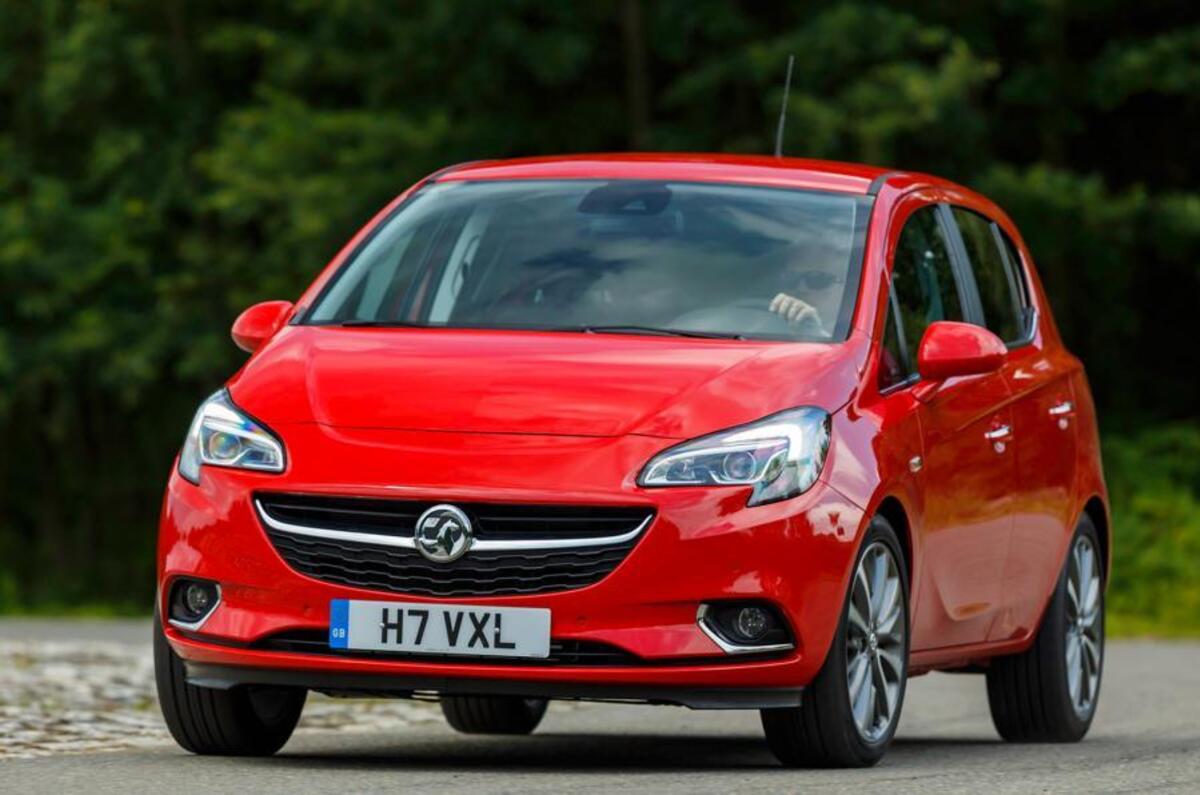
Another supermini that has gone petrol only, the diesel Corsa was axed in the spring, with Vauxhall revealing that diesels made up just 2.5% of Corsa sales. The 1.3-litre CDTi engine, the smallest offered in the Corsa, accounted for one sale in every 200. Vauxhall’s line-up has been heavily streamlined under PSA ownership, but the Corsa is the only diesel-related casualty.
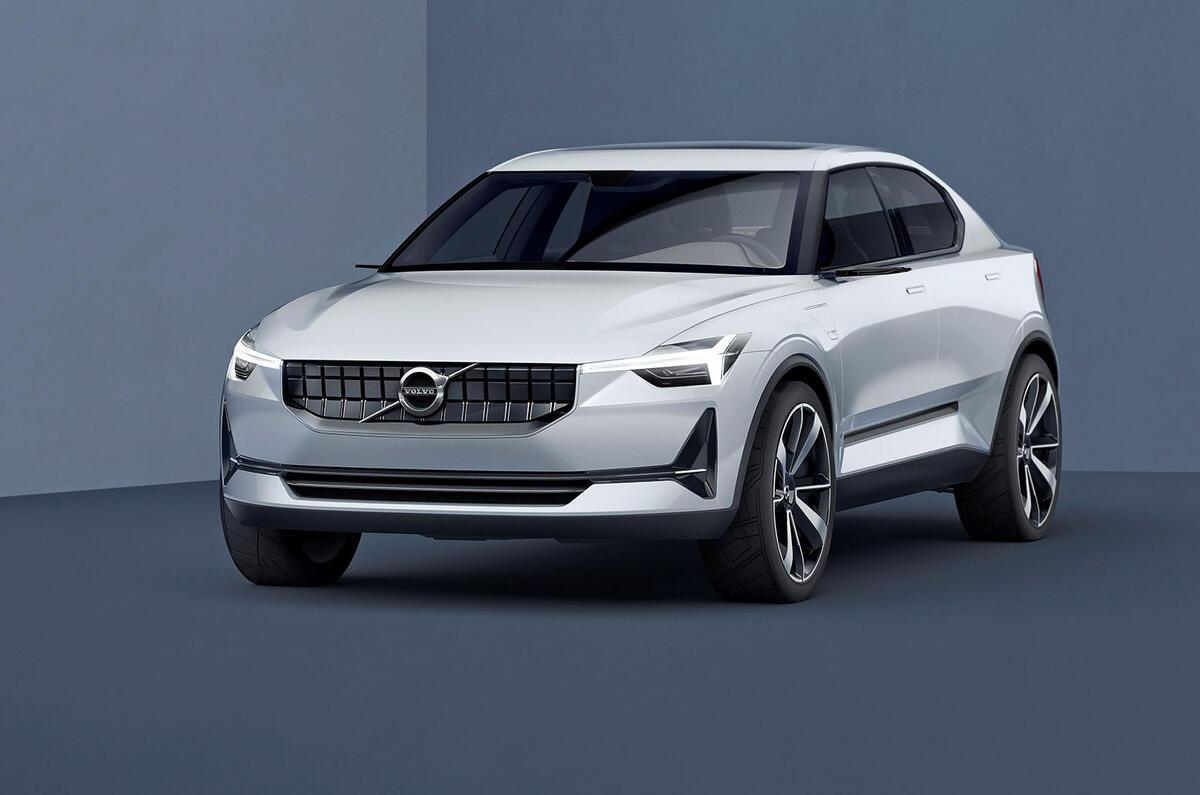
Volvo announced earlier this year that it would not be introducing any more diesel cars after the launch of the V60. That means that every car from the S60 onwards will be petrol, petrol-hybrid or electric only. The brand’s existing diesels will be phased out as models are replaced. Volvo’s first EV arrives next year.